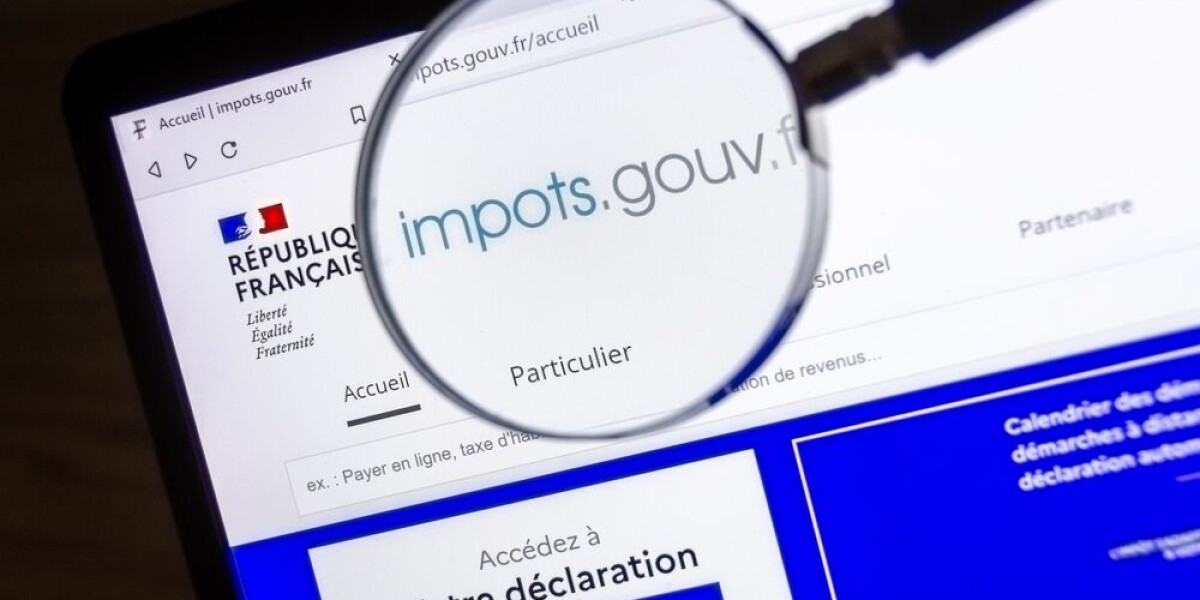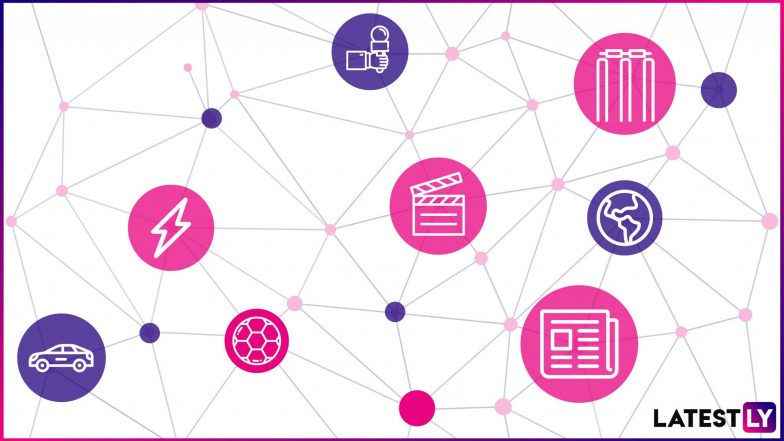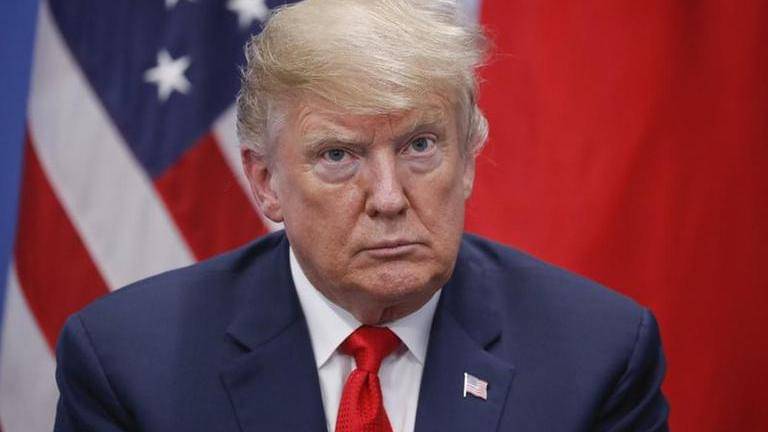
- Select a language for the TTS:
- UK English Female
- UK English Male
- US English Female
- US English Male
- Australian Female
- Australian Male
- Language selected: (auto detect) - EN
Play all audios:
TAXPAYERS MAY BE ASKED FOR FURTHER EVIDENCE OR EXPLANATIONS TO JUSTIFY EXPENSES OR CREDIT CLAIMS French tax authorities will have extra ‘weapons’ at their disposal to help detect and
challenge suspected tax fraud this year as part of the 2025 Budget, when tax return season opens from April 10. The 2025 loi de finances (finance act) gives the Direction générale des
Finances publiques (DGFiP, directorate general of public finances) more tools to fight against tax credit fraud, highlights the money specialist website Moneyvox. These include: * The power
to request extra explanations and demand evidence from taxpayers in the event of “serious indications that might call into question the accuracy of the expenses giving rise to a tax
credit”, (eg. blatantly overestimating expenses giving entitlement to tax credits) * The power to ask for further proof and explanations from taxpayers if there is good evidence to suggest
they may be withholding tax. Under new rules, even before the 2025 tax avis d’impôt (tax statement) for 2024 income is sent out in late summer, the tax office may request that a taxpayer
provide further details of relevant expenses and the taxpayer will have 30 days in which to respond. If the taxpayer fails to respond or provide sufficient evidence, their tax bill will be
calculated without taking the items concerned into account. If you forget to respond, or accidentally miss the deadline, you will be able to make a réclamation (claim) to request once again
that the expenses be taken into account – but expect to be asked again for proof or extra evidence. Incorrect declarations resulting in undue tax credits may also be liable to a fine of 10%
of the wrongly-claimed amount, however if deliberate fraud is suspected even criminal prosecution is possible. The authorities have six years after the offence is committed to initiate
proceedings. The tax offices however, generally apply a principle of leniency towards genuine mistakes, especially for a first-time occurrence. Read also: Does everyone in France need to
complete an income tax return? NEW MEASURES FOLLOW INITIAL EFFORTS IN 2024 The new powers for the DGFiP come as the tax authority reports that already last year it made efforts to ensure
more tax declarations were ‘corrected’ before tax assessments were sent out. “At the end of 2023, a national unit dedicated to the fight against fraudulent personal income declarations was
created within the tax management department,” said Clément Carrue, deputy strategy manager at the DGFiP, to Moneyvox. “Thanks to the coordinated actions of this unit and the local services,
around 46,000 declarations were corrected before they were processed in 2024,” he said. In total, these corrections concerned amounts of €151 million, he said, however, this included €17
million that was subject to corrections ‘in favour of the taxpayers (ie. the corrections resulted in less tax to pay or additional tax credits paid out). He said that the extra checks “not
only help to limit fraud, but also to correct and prevent errors made in good faith by users”. Read also: What is the maximum amount a person can earn before they pay income tax in France?
Read more: Need to print off a paper tax return form? Here is how The deadlines for filing - which vary depending on a declarant’s department (or if they live overseas) - and their method
of completion are yet to be confirmed, but taxpayers can already use the tax simulator - on the tax website impots.gouv.fr - to estimate their payment this year.










